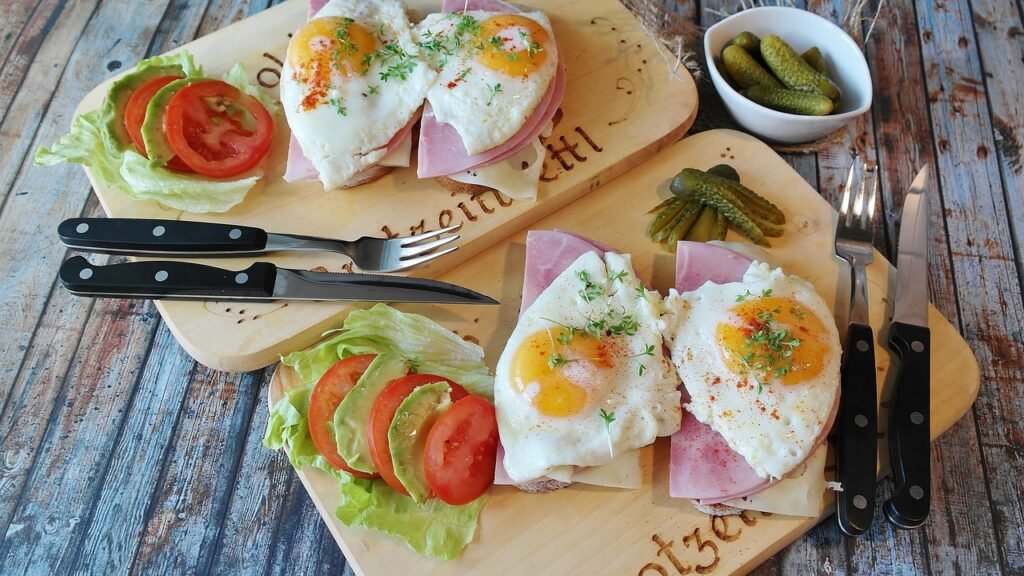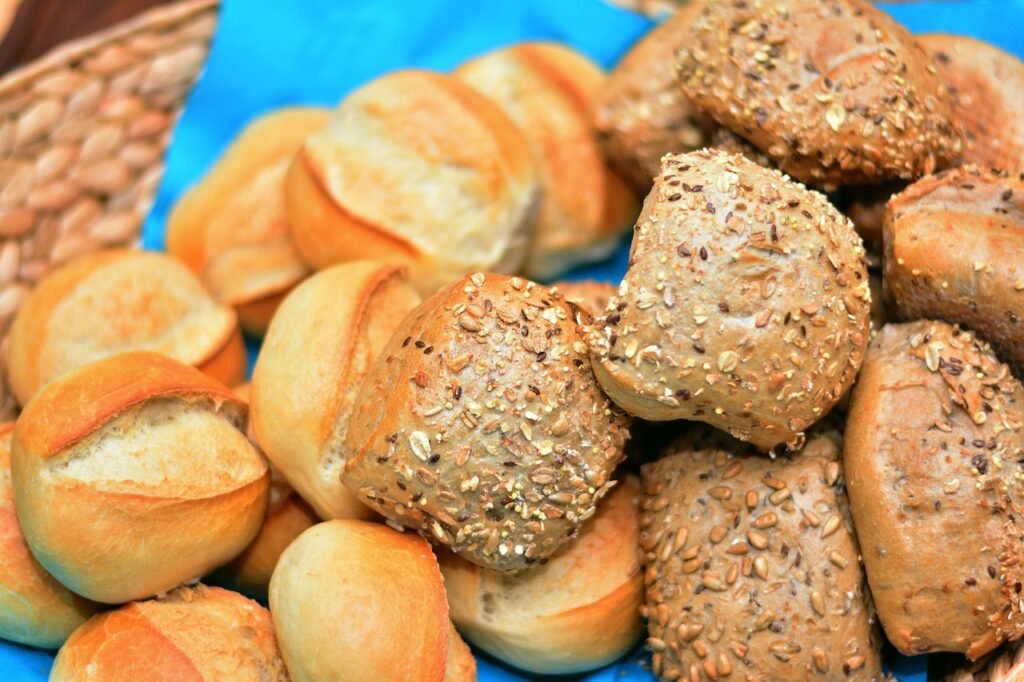Germany is a land of fairytale castles, picturesque landscapes, and a culinary tradition celebrated for its substantial and satisfying dishes. Think sausages, potatoes, hearty breads, and rich pastries. While traditional German food might seem dauntingly unfamiliar to some picky eaters, a closer look reveals many components that can be adapted or are inherently appealing to children. If you’re planning a family holiday to Germany and wondering about eating German food with a picky eater, you’ll be pleased to know there are plenty of simple wins to be found, making mealtimes less stressful and more enjoyable for everyone.

Understanding German Food for Picky Eaters
German cuisine often revolves around meat (especially pork and beef), potatoes in various forms (boiled, roasted, fried, in salads), bread, and, of course, a huge variety of sausages (Wurst). While gravies, pickled vegetables like Sauerkraut, and strong flavours are part of the tradition, many dishes are built from single ingredients that are served together, allowing for deconstruction. This focus on core components is a significant advantage when eating German food with a picky eater.
Navigating German Restaurants and Food with a Picky Eater
Eating out is a key part of experiencing Germany. Here’s how to find appealing options for your picky eater:
Sausages (Wurst) to the Rescue
Germany is famous for its sausages, and this is often a goldmine for picky eaters. Look for simpler, less spiced varieties like Bratwurst (often grilled pork sausage) or Wiener Würstchen (Frankfurter-style sausages). These are commonly served simply with bread rolls or potatoes and can be a reliable, protein-rich option.

Schnitzel – A Familiar Concept
Schnitzel is a thin cutlet of meat (often pork or veal) that is breaded and fried until golden and crispy. The concept of breaded, fried meat is familiar to many children (think chicken nuggets or fish fingers), making Schnitzel a potentially popular choice. It’s usually served plain, allowing you to control what goes with it.
(Image Suggestion 3: A photo of a classic, golden-brown Schnitzel.)
The Versatility of Potatoes
Potatoes (Kartoffeln) are a cornerstone of German meals. While Kartoffelsalat (potato salad) might be too complex, you can almost always find simple potato preparations. Pommes Frites (chips/fries) are widely available, especially with dishes like Schnitzel or Currywurst. Boiled potatoes (Salzkartoffeln or Pellkartoffeln) might also be offered as a plain side.
Bread Basket Basics
German bread is renowned for its quality and variety. Restaurants almost always serve a bread basket. This is an excellent safe food to fill up on if other options are challenging. Bakeries (Bäckereien) are everywhere and offer numerous types of rolls and breads.

Simple Meats
Beyond sausages and schnitzel, look for simply grilled or pan-fried chicken (Hähnchen) or pork (Schwein). Ask if a plain piece of meat is available without heavy sauces or gravies.
Soups (With Caution)
Some German soups can be quite rich or contain unfamiliar ingredients, but simpler broths or noodle soups (Nudelsuppe) might be available, especially on children’s menus.
Deciphering Menus
Familiarise yourself with a few key German food words:
- Huhn / Hähnchen (Chicken)
- Schwein (Pork)
- Rind (Beef)
- Fisch (Fish)
- Kartoffeln (Potatoes)
- Reis (Rice – less common than potatoes, but sometimes available)
- Nudeln (Noodles)
- Pommes Frites (Chips/Fries)
- Ohne Soße (Without sauce)
- Für Kinder (For children – look for children’s menus!)
Finding Familiarity & Backup Options
Having access to comforting or familiar foods is crucial when travelling with a picky eater.
Supermarkets & Bakeries
German supermarkets (Supermärkte) and bakeries (Bäckereien) are excellent resources. You’ll find a wide selection of breads, rolls, cheeses, yogurts, milk, fruits, and a vast array of biscuits (Kekse) and snacks that can serve as reliable meals or supplements. German pastries (Kuchen, Gebäck) are also delicious and can be a positive food experience.

International Options
In most German towns and cities, you’ll easily find restaurants serving popular international cuisines like Italian (pizza, pasta) or even fast-food chains, providing reliable fallback options if needed.
Gentle Exposure to German Tastes
Encourage your picky eater to interact with German foods without pressure. Let them choose a roll from the bread basket, try a tiny piece of a mild sausage, or taste a single chip or plain boiled potato. Visiting a bakery to choose a simple pastry can also be a fun, low-stakes introduction to local food culture.
Conclusion
Travelling and eating German food with a picky eater is very achievable. By leveraging the inherent simplicity of many German staples like sausages, schnitzel, and potatoes, using bakeries and supermarkets for familiar options, and knowing a few key phrases, you can confidently navigate mealtimes. Remember to keep the atmosphere relaxed and positive. Enjoy the rich culture and delicious, hearty food that Germany has to offer – proving that even traditional cuisines can have winning options for selective eaters!
For more help managing meal times while exploring the world, check out our posts on Picky Eating Solutions for Family Holidays and Fussy Eating Tips: Simple Strategies for Calmer Mealtimes.
One last piece of advice: even in big cities restaurants often don’t accept cards at all or only German credit cards (sorry, no AMEX) so make sure to always have cash as a backup payment option.
If you go more rural, there is a good chance your waiter won’t be a great English speaker, so you might want to have a look at these essential German phrases for restaurant visits.
